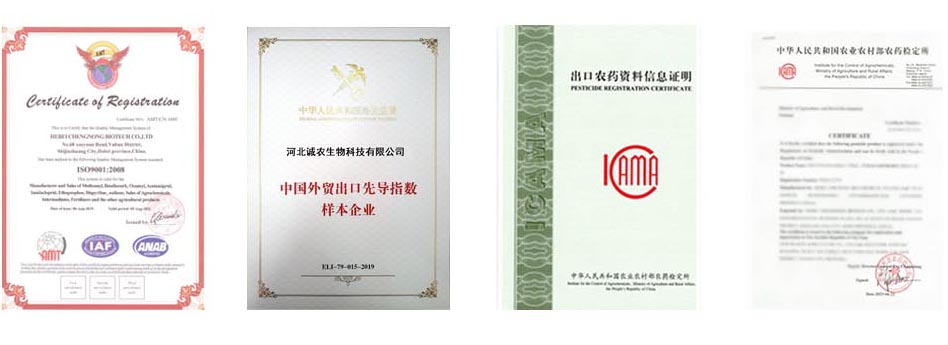
ديسمبر . 23, 2024 22:09 Back to list
Comparative Analysis of Acetamiprid and Imidacloprid Insecticides for Crop Protection
The Impact of Acetamiprid and Imidacloprid on Pest Management A Review
In recent years, the agricultural industry has seen a surge in the use of neonicotinoid insecticides, with Acetamiprid and Imidacloprid emerging as two of the most prominent chemicals. These compounds, belonging to the chloronicotinyl class of neurotoxic insecticides, exhibit potent insecticidal properties that have revolutionized pest management strategies worldwide. This article seeks to explore the characteristics, applications, and implications of these two insecticides in modern agriculture.
Chemical Properties and Mechanism of Action
Acetamiprid and Imidacloprid share a common mechanism of action they target the nicotinic acetylcholine receptors in the nervous systems of insects. This action leads to overstimulation of the nervous system, resulting in paralysis and eventual death of the pest. While Imidacloprid has been widely used since its introduction in the mid-1990s, Acetamiprid, which was developed later, provides unique benefits in terms of its systemic properties and lower toxicity to beneficial insects.
Imidacloprid has garnered significant attention due to its effectiveness against a broad spectrum of pests, including aphids, whiteflies, and termites. It is particularly valued for its persistency in the environment, allowing for once-applied treatment to control pests over extended periods. On the other hand, Acetamiprid, with its rapid dissipation rate, is favored for situations where a quick knockdown is required.
Applications in Agriculture
Both Acetamiprid and Imidacloprid are extensively used in various crops, including fruits, vegetables, and ornamental plants. Their application is crucial in protecting crops from devastating pest infestations that can threaten yield and quality. In fruit production, for instance, the timely application of these insecticides can prevent significant economic losses by controlling pests that transmit plant pathogens.
acetamiprid imidacloprid

Farmers appreciate the flexibility these insecticides provide, as they can be applied through multiple methods, including foliar sprays, soil drenches, and seed coatings. This versatility allows for targeted interventions, minimizing unnecessary exposure to non-target organisms.
Environmental and Ecological Considerations
Despite their benefits, the use of Acetamiprid and Imidacloprid has raised concerns regarding environmental impact and human health. Studies have indicated potential adverse effects on pollinators, particularly honeybees, which play a crucial role in pollination and maintaining biodiversity. The neurotoxic effects of these chemicals can lead to weakened bee populations, triggering a greater ecological imbalance.
In light of these concerns, regulatory agencies in several countries have enacted restrictions or bans on specific neonicotinoids, urging farmers to adopt integrated pest management (IPM) practices that include biological control and more environmentally friendly alternatives. This shift is essential not only for protecting pollinators but also for promoting sustainable agricultural practices.
Conclusion
Acetamiprid and Imidacloprid have undoubtedly played a significant role in modern pest management, proving effective in controlling agricultural pests and ensuring food security. However, the potential risks associated with their use highlight the need for balanced approaches in pest control strategies. As the agricultural sector continues to evolve, stakeholders must prioritize research, innovation, and sustainability to mitigate the impact of these chemicals on the environment. Exploring alternative pest management solutions will be key to ensuring both agricultural productivity and ecological integrity in the years to come.
-
Types of Herbicides Explained Discover 5 Types of Selective Herbicides for Effective Weed Control
NewsJul.07,2025
-
Buy Bifen Chemical – Safe Termiticide for Dogs & Effective Pest Control Solutions
NewsJul.07,2025
-
Dragon Insecticide – Powerful Pest Control Solution Dragon Super Insecticide & Fumigant Insecticide
NewsJul.06,2025
-
Demon Max Insecticide – Powerful Pest Control Solution for Homes & Lawns
NewsJul.06,2025
-
EPA Approved Fungicide for Artillery Fungus - Fast Acting & Safe Solution
NewsJul.05,2025
-
Elite Selective Herbicide Price & Features Cost-Effective Weed Control
NewsJul.05,2025
